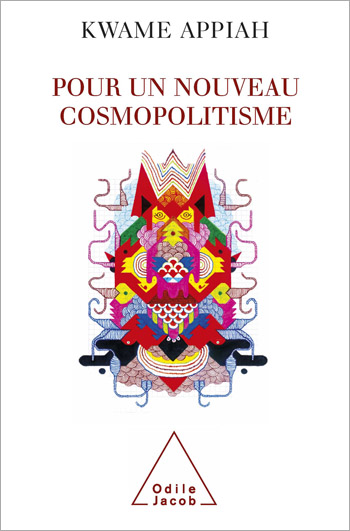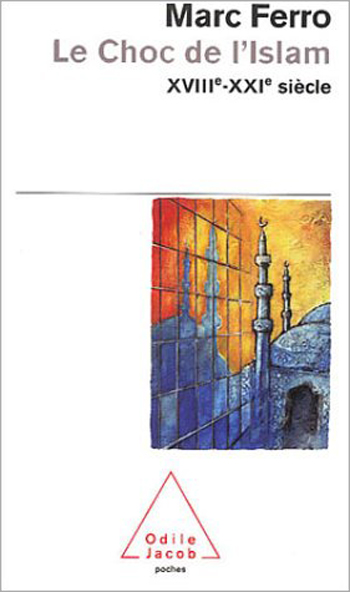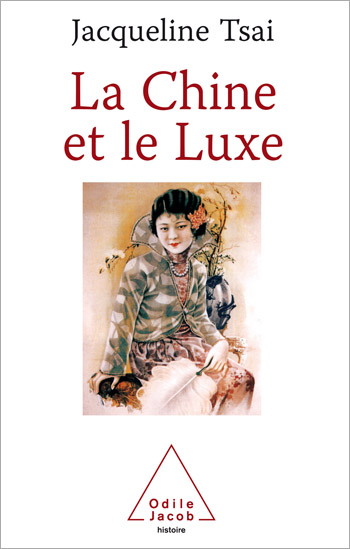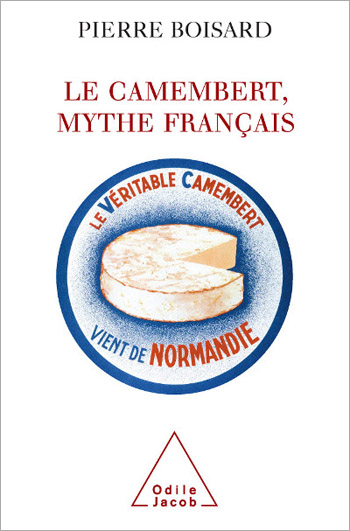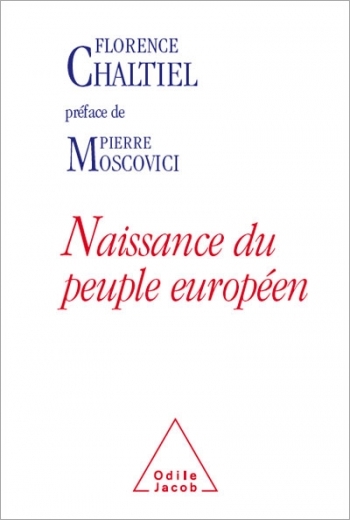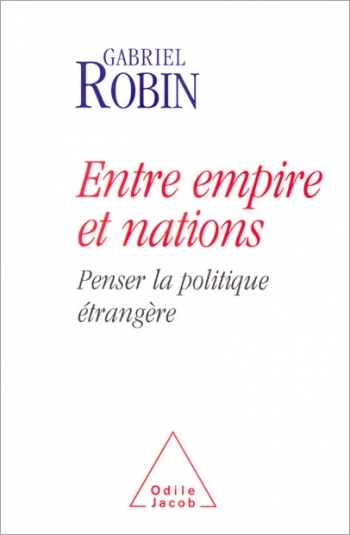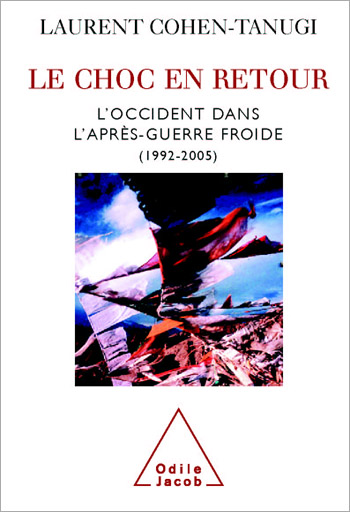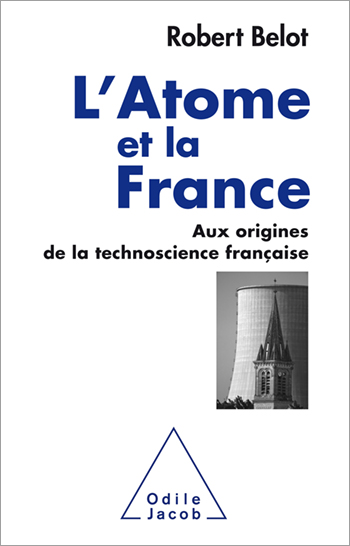History and Geopolitics All books
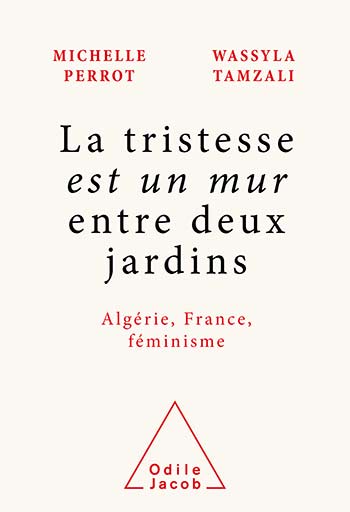
Michelle Perrot, Wassyla Tamzali
Conversations
Two eminent intellectuals, a historian and a writer, both very involved in feminism, conversing on important issues faced by French and Algerian societies today.
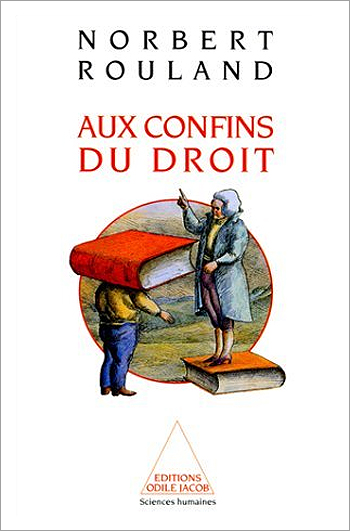
Norbert Rouland
The Confines of the Law
How did law come about? How do different societies answer to the same need for justice? N. Rouland invites us to explore the many aspects of law. Through various societies, a constant question emerges: can Africans, Asians and Westerners all adhere to the same norms? Norbert Rouland is a professor at the University of Aix-Marseille-III, where he teaches judicial anthropology and the history of law.
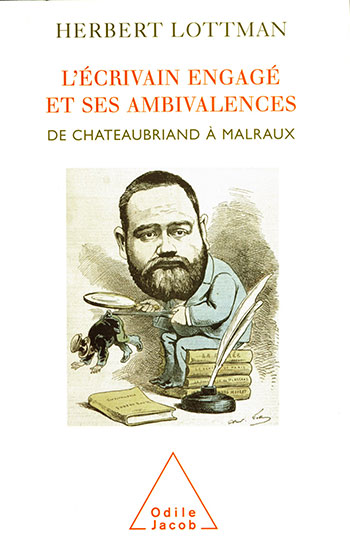
Herbert Lottman
The Committed Writer and his Ambivalences From Chateaubriand to Malraux
By definition, a committed writer is a well-known one who puts the respect and admiration his name has accrued in the service of a cause. But is it really that simple? Is political commitment only a matter of principles? Isnt it also driven by a quest for celebrity? Described here are the stratagems adopted by some of the greatest figures in the French literary pantheon of the nineteenth and twentieth centuries, as they faltered between a quest for purity and the desire for personal glory. Herbert Lottman is a renowned biographer.
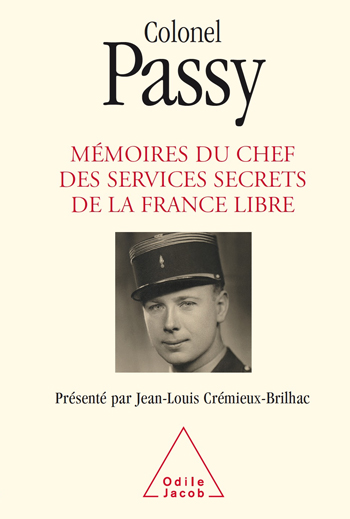
Colonel Passy
Colonel Passy Memoirs of the Chief of the Secret Services of a Liberated France
These two volumes constitute a new edition of Colonel Passys memoirs, which were first published by Plon in a three-volune limited edition (Deuxième Bureau-Londres; 10 Duke Street-Londres; Missions Secrètes en France). The new edition has been presented and annotated by historian Jean-Louis Crémieux-Brilhac, a specialist in the period. André Dewawrin, alias Colonel Passy, headed the Bureau de Contre-espionnage, de Renseignement et dAction (BCRA) of the Free French in London, from 1940 to 1944. He became General Koenigs chief of staff, in 1944. A former student at the prestigious Ecole Polytechnique, he headed the department of research and study for the French Ministry of Defence after the war.
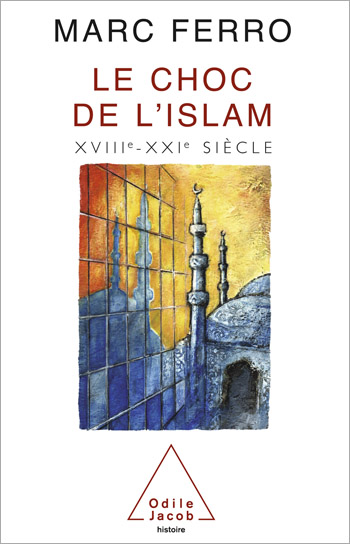
Marc Ferro
The Clash of Islam 18th to 21st Century
Faced with the expansion of the Western world over the last centuries, the Islamic world has adopted several different attitudes. Some parts of it have chosen to modernise in order to regenerate and better resist the West. Others have chosen instead to de-Islamise their societies, and to succumb to the temptation of the West in order to modernise. More recently, others have taken the opposite tack and islamised modernity, an openly aggressive choice. Marc Ferro's historical study of the great Islamic empires and their collapse examines the present situation of a divided Muslim world and a disoriented West. Marc Ferro is an honorary director of studies at the École des Hautes Études en Sciences Sociales.
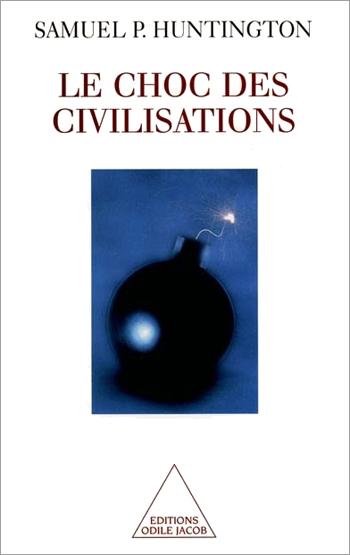
Samuel P. Huntington
The Clash of Civilisations
This is the book to read to understand the contemporary world and the real threats that are arising.
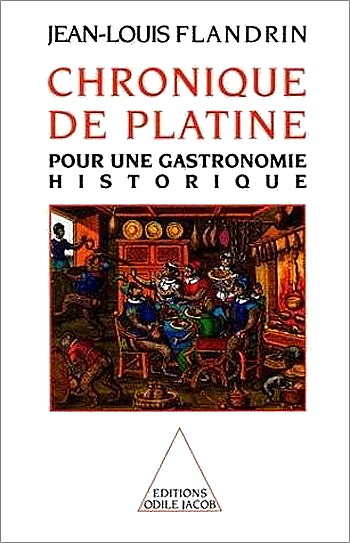
Jean-Louis Flandrin
The Chronical of the Table For a Historical Gastronomy
When the knowledge of the historian is put to the service of the palate, we are presented with a literary-culinary feast! J. Flandrin invites us to his table. His story of taste and culinary originality sheds new light on today s gastronomy. Revived by his pen is a curious world of age-old recipes, stove-top tips, cooking etiquette and table manners which no sweet-toothed reader can resist.
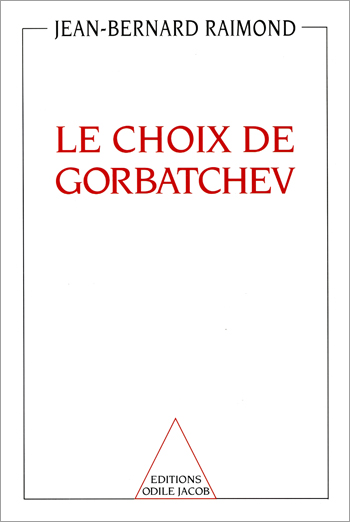
Jean-Bernard Raimond
The Choice of Gorbachev
Who is Michel Gorbachev really? Is he communism's gravedigger or simply an apparatchik worried about postponing his disappearance from the political scene? Or is he one of history's free and tragic heroes, who found himself transported in spite of himself by the collapse of the world that had made him powerful? Jean Bernard Raimond is the former Minister of Foreign Affairs and served as the Ambassador to France in Moscow.
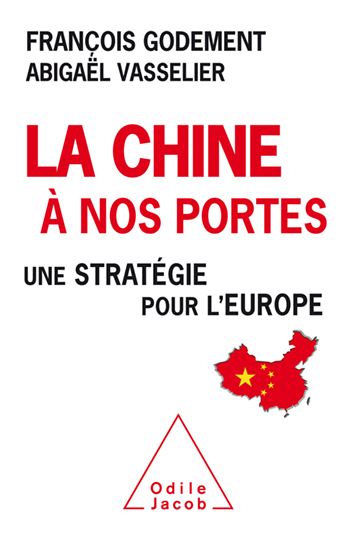
François Godement, Abigaël Vasselier
China on Our Doorstep An update on China – European Union relations
China-EU relations today are at a turning point. François Godement is beyond doubt one of the preeminent French specialists of contemporary China.
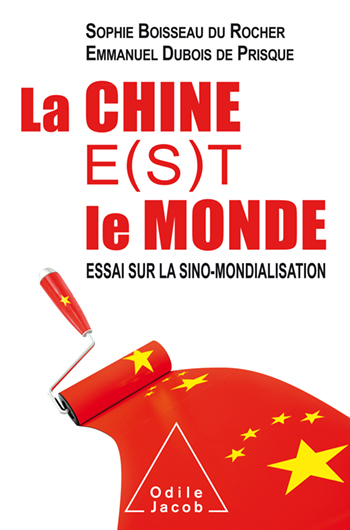
Sophie Boisseau du Rocher, Emmanuel Dubois de Prisque
China Is/and the World A Look at Sino-globalization
By stressing the gap between today’s international system and what it would be in the event of Chinese hegemony, we will understand better what is at play, and what is lost, with the “de-Westernization” of the world.
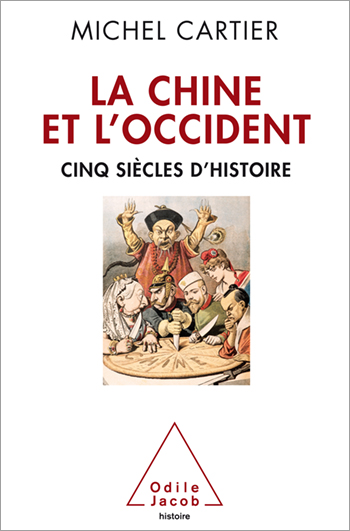
Michel Cartier
China and the West A Five-Hundred-Year History
The history of Chinese-Western relations — a tale of fascination and fear — recounted by a historian specialising in the Far East
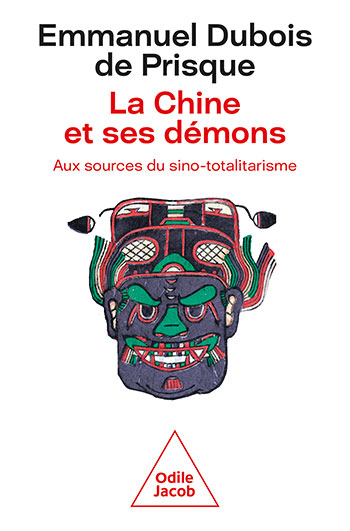
Emmanuel Dubois de Prisque
China and its Demons At the Source of Sino-Totalitarianism
Emmanuel Dubois de Prisque is tackling a taboo by showing how Chinese culture participates in totalitarianism, and by asserting that the CCP identifies as a sacred sovereign.
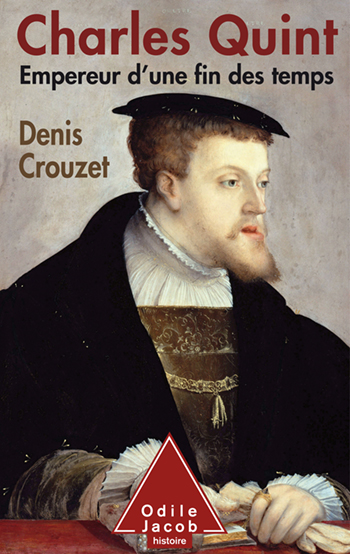
Denis Crouzet
Charles V The Anguish of Power
A new biography of Charles V, a highly underestimated character hanging between power and renunciation
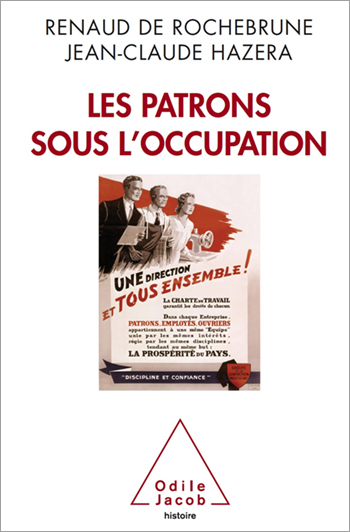
Renaud de Rochebrune, Jean-Claude Hazera
Business Leaders During the Occupation
How were Jewish companies altered to become Aryan ones and what was the role of French administration? Who did illegal profits and how?A fascinating document written by two journalists.
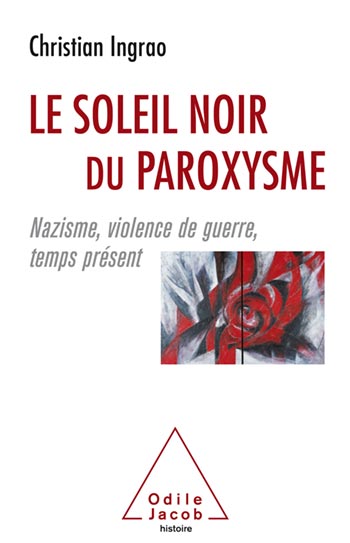
Christian Ingrao
The Black Sun of Paroxysm Nazism, War Violence, and Now
Very accessible and enlightening historiological analyses of the present time (Nazi violence, war suicides, emergencies).
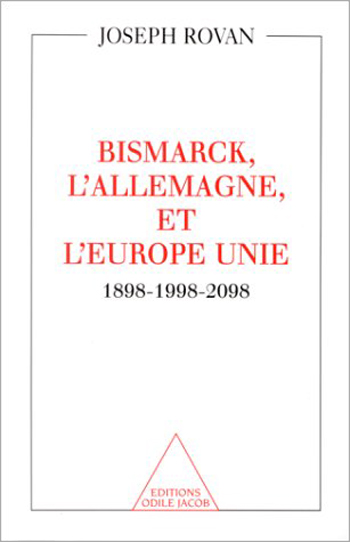
Joseph Rovan
Bismarck, Germany, and a United Europe 1898-1998-2098
1898-1998: the difference between these two dates is vast, and it is likely that the difference between 1989 and 2098 will be even sharper. This gives us even more reason to reflect on the actions of a man who was able to anticipate and incite change. Joseph Rovan has taught German studies at the French universities of Vincennes and Paris-III. He is the author of many books and articles, including France-Allemagne: Le Bond en Avant, with Jacques Delors and Karl Lamers, published by Editions Odile Jacob.
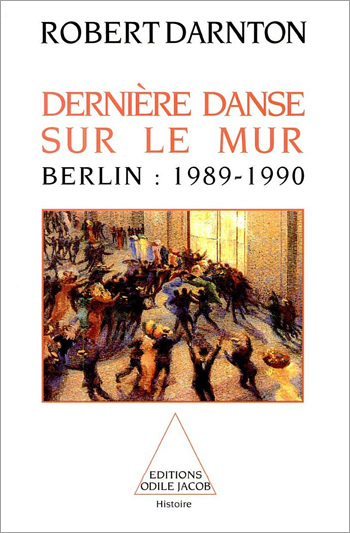
Robert Darnton
Berlin Journal, 1989-90
Robert Darnton was in Germany at the moment when the boundaries of post-war Europe came toppling down. Suddenly, the university professor discovered that History was in the making, and the masses were in motion. This is his personal account of the combined drama and celebration that accompanies every revolution. A professor at Princeton University in the United States, Robert Darnton is a specialist in the history of European culture. He is the author of L'Aventure de l'Encyclopédie, Le Grand Massacre des chats and Edition et Sédition.
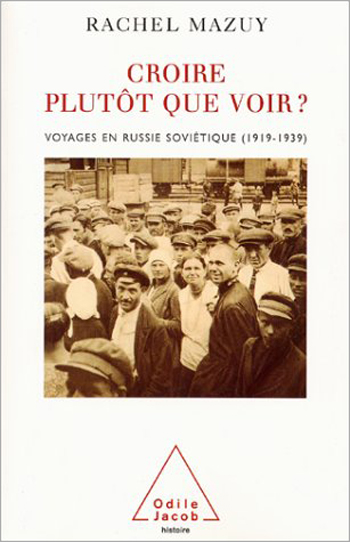
Rachel Mazuy
Believing Rather Than Seeing ? Travels in Soviet Russia (1919-1939)
The Russian Revolution provided the working-class movement with a concrete model of socialism. For French militants, as well as for many members of the cultural and political elite, the Soviet Union became the goal of a secular pilgrimage (or an anti-pilgrimage). This book tells the story of those travellers. Who went on such trips? How and why? To what extent did the trip influence their political and social development? Rachel Mazuy is a lecturer at the Institut dEtudes Politiques, in Paris, and teaches at the Lycée Honoré Balzac, Paris.
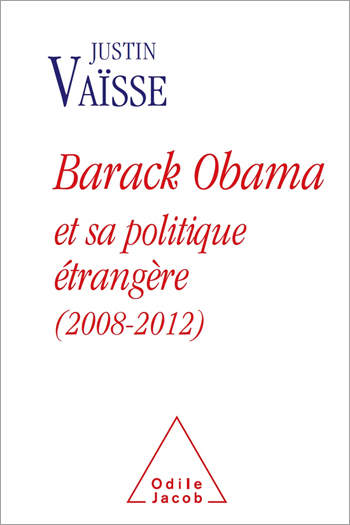
Justin Vaïsse
Barack Obama’s Foreign Policy (2008-2012)
In the run-up to the U.S. Presidential elections, an eminent specialist assesses the present administration
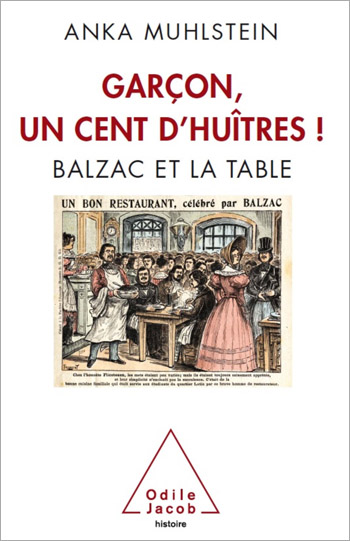
Anka Muhlstein
Balzac at Table
A luminous essay of “literary gastronomy” for food lovers as well as for anyone interested in the nineteenth-century novel
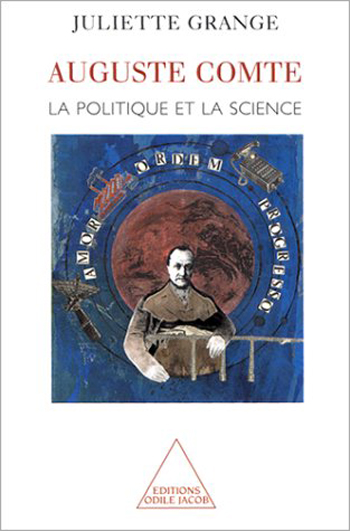
Juliette Grange
Auguste Comte - Politics and Science
The writings of Auguste Comte are often reduced to a few excerpts and stereotypes, and as a result the judgement of "positivism" is quickly reached. Yet, industrial politics, the organisation of research, and the influence of the exact sciences on the way we regard politics, all eminently modern themes, lie at the heart of his thought. Therefore, this book, by one of the best French specialists, offers an original rereading of Comte and ultimately opens the way for a more personal reflection on the nature of the relations between science and politics as they exist today. Juliette Grange is a professor at the University of Nancy-II
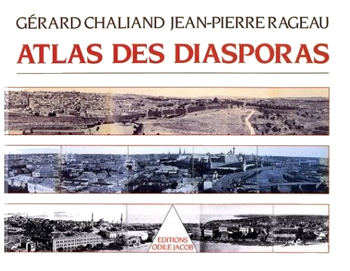
Gérard Chaliand, Jean-Pierre Rageau
The Atlas of Diasporas
For the first time, a complete and global presentation, both historical and geographical, of diasporas. Sixty maps, many illustrations, and accurate syntheses help reproduce the great archipelago of exile, wandering and migration. From the authors of The Strategic Atlas, The Political Atlas of the 20th Century, and The Atlas of Europeans.

